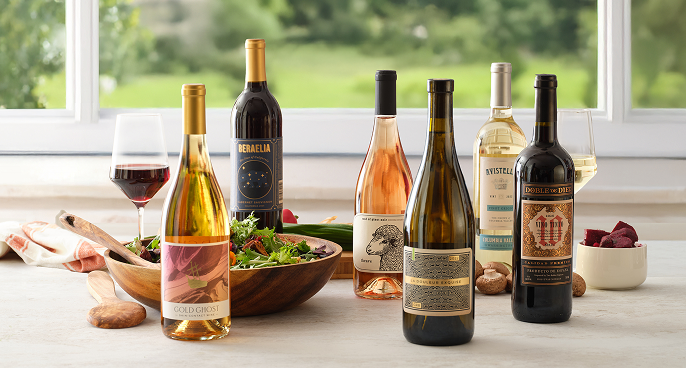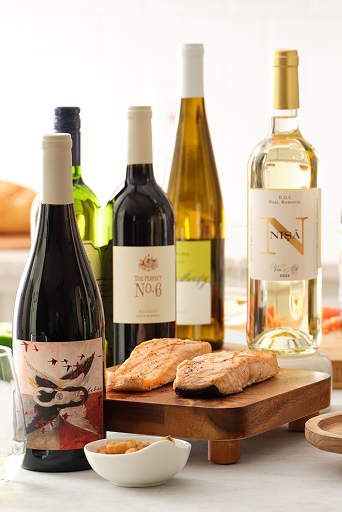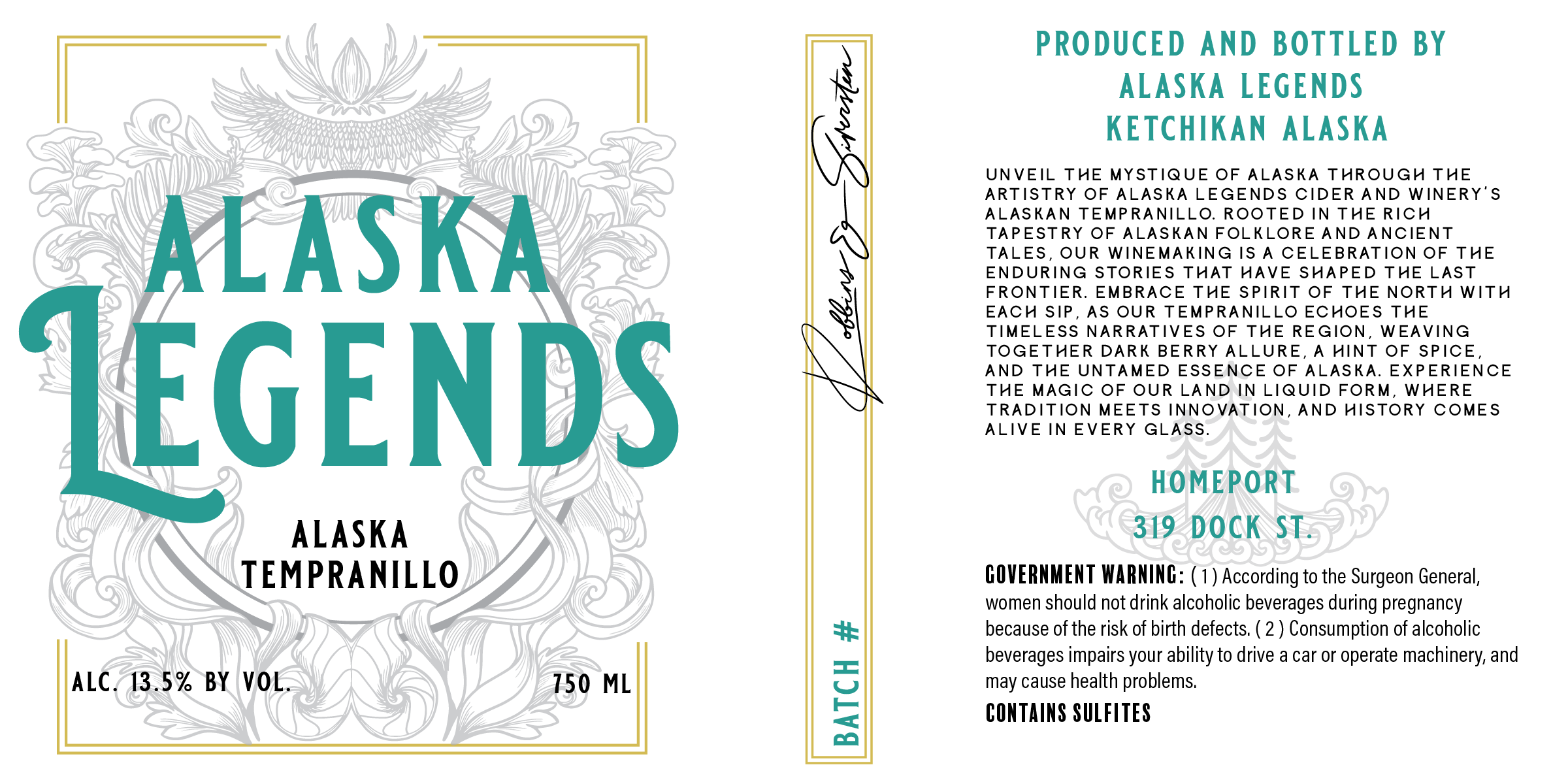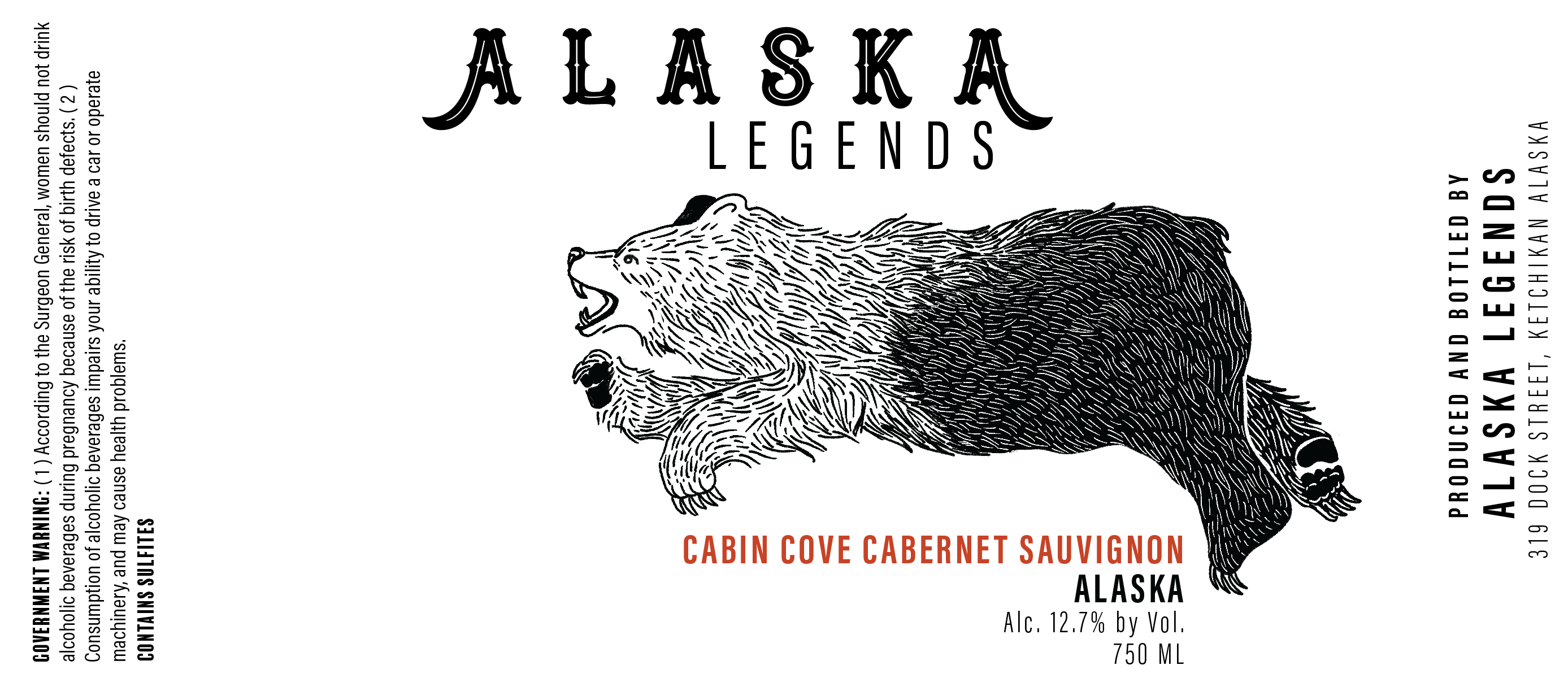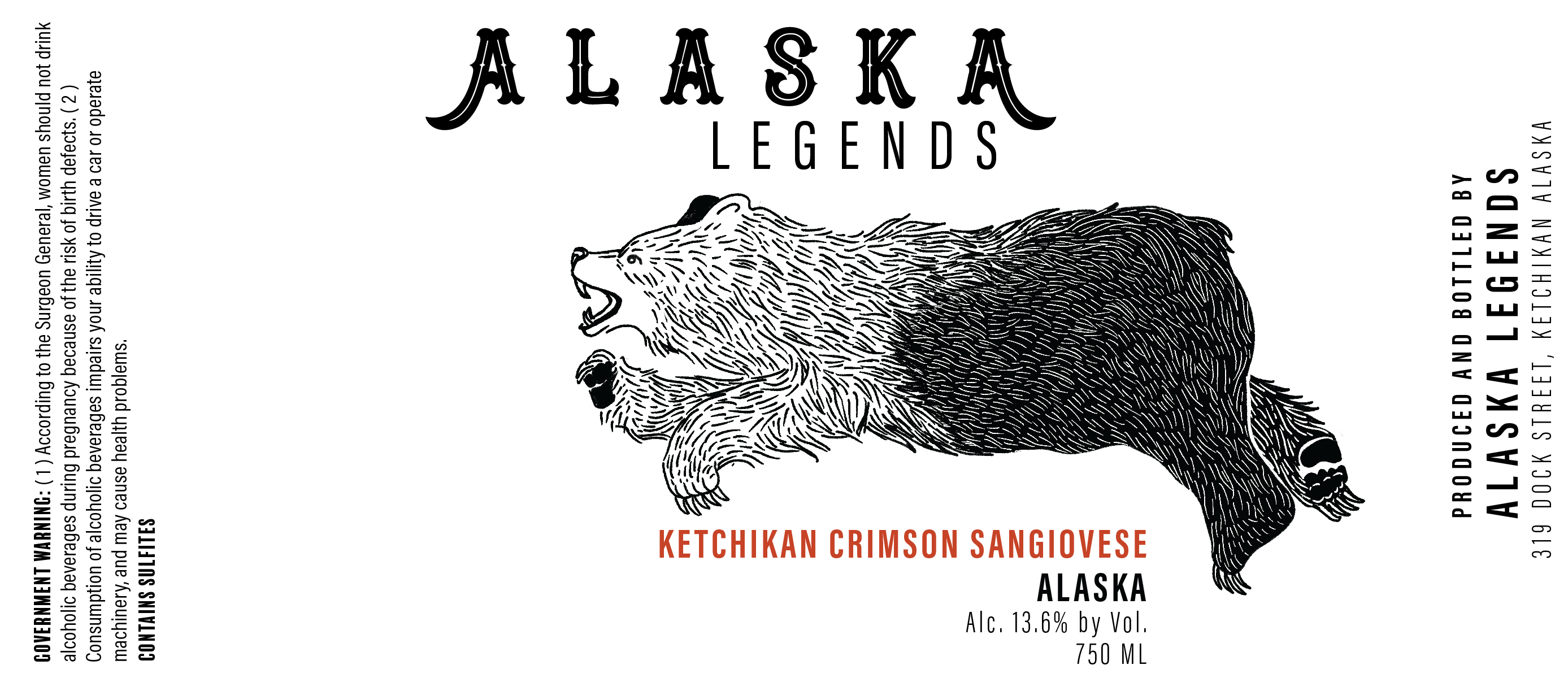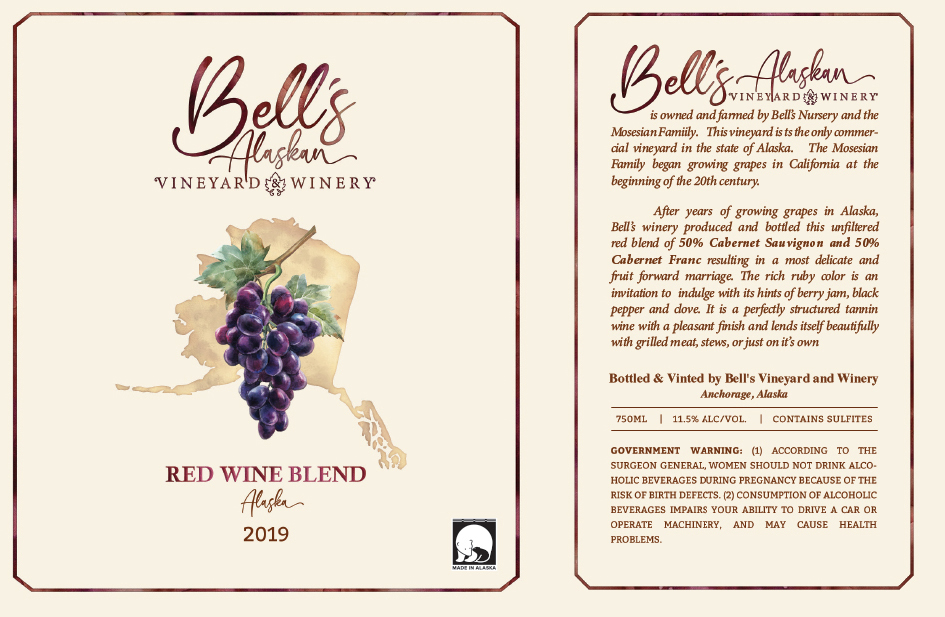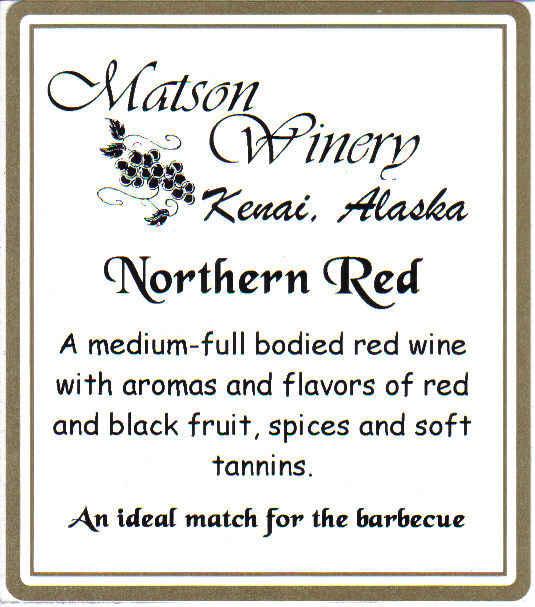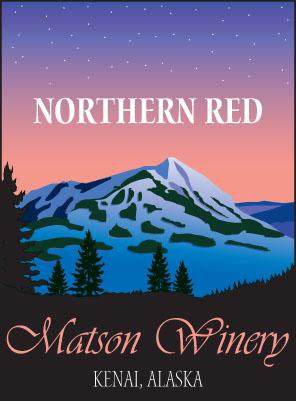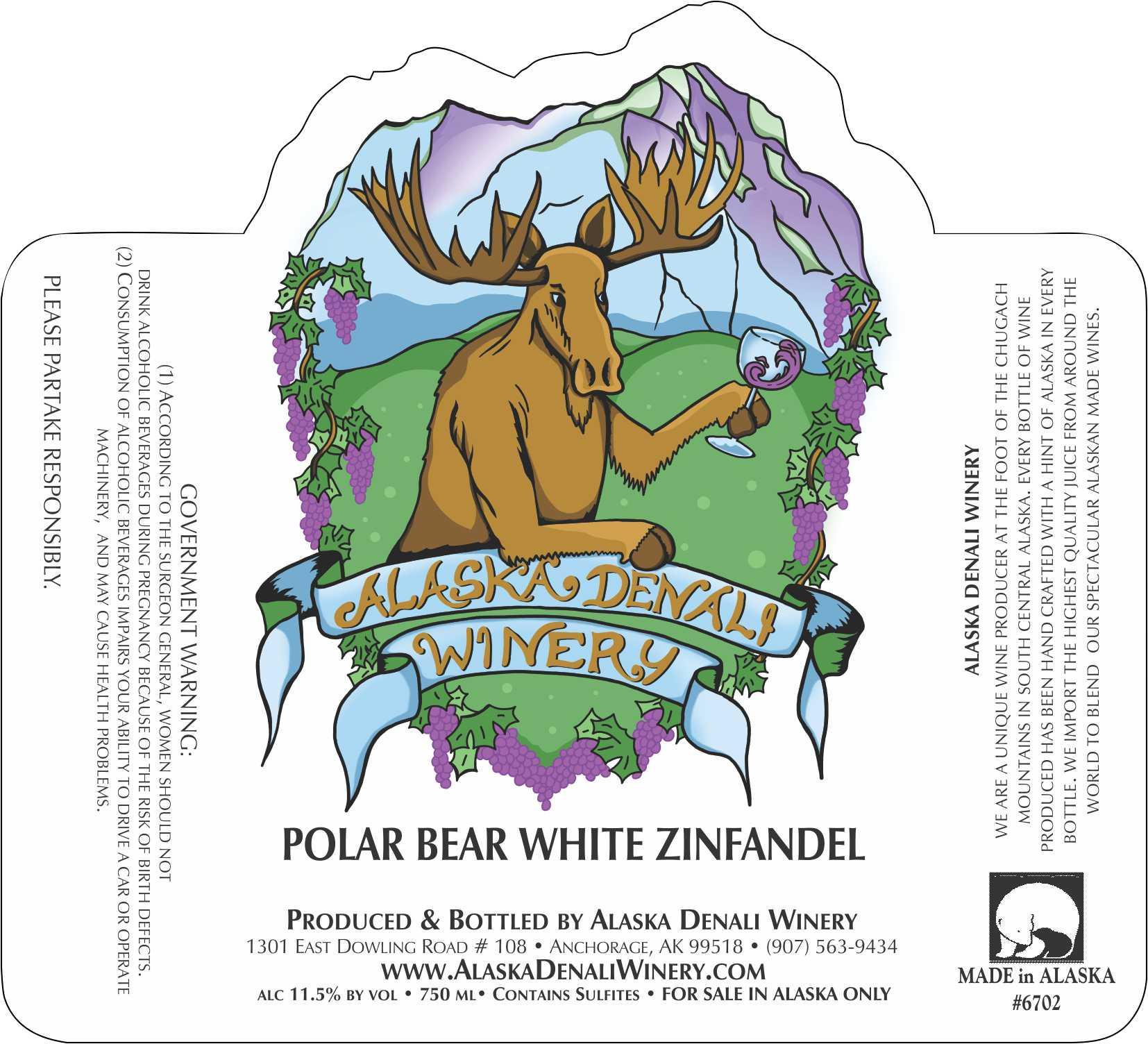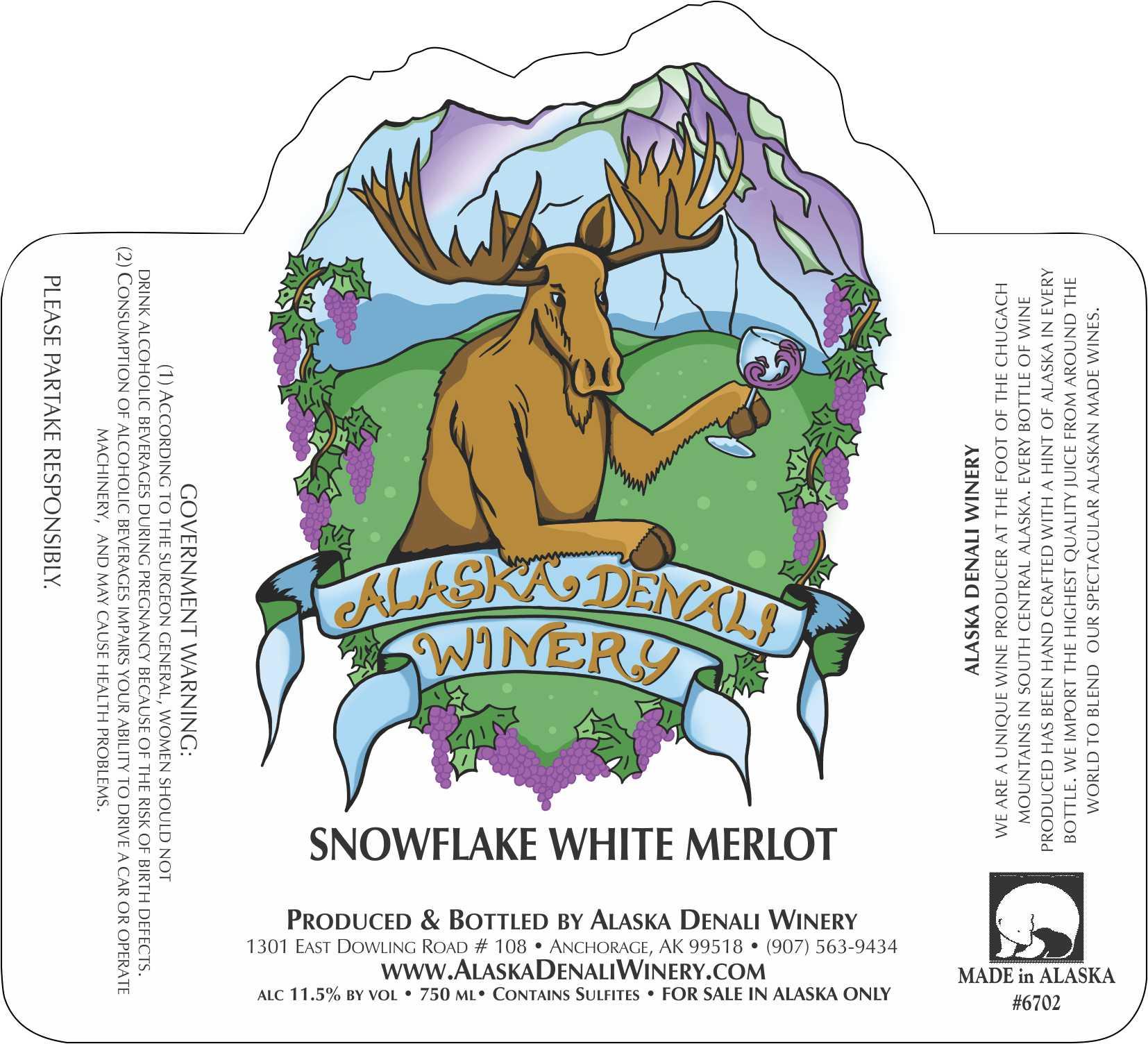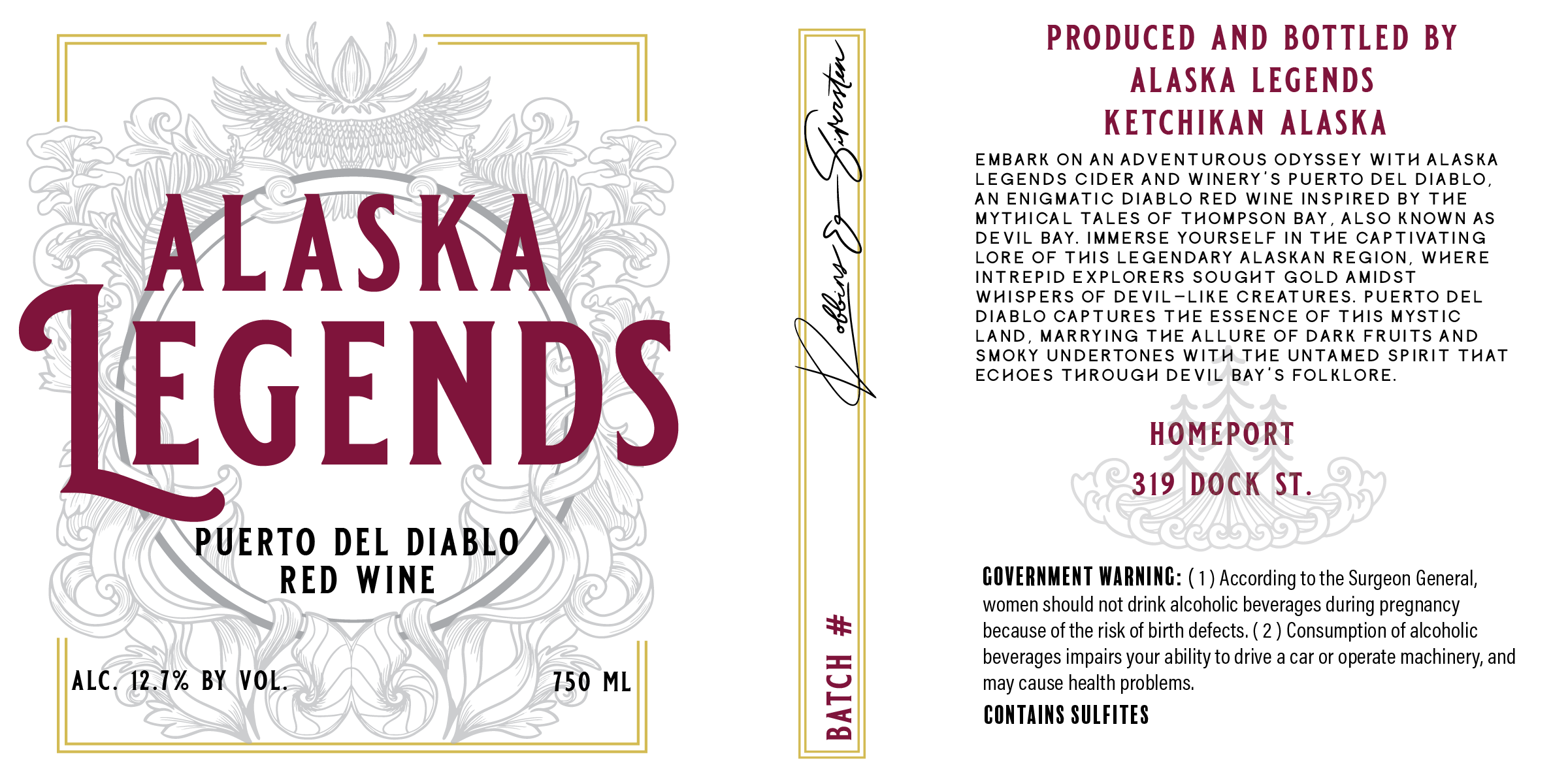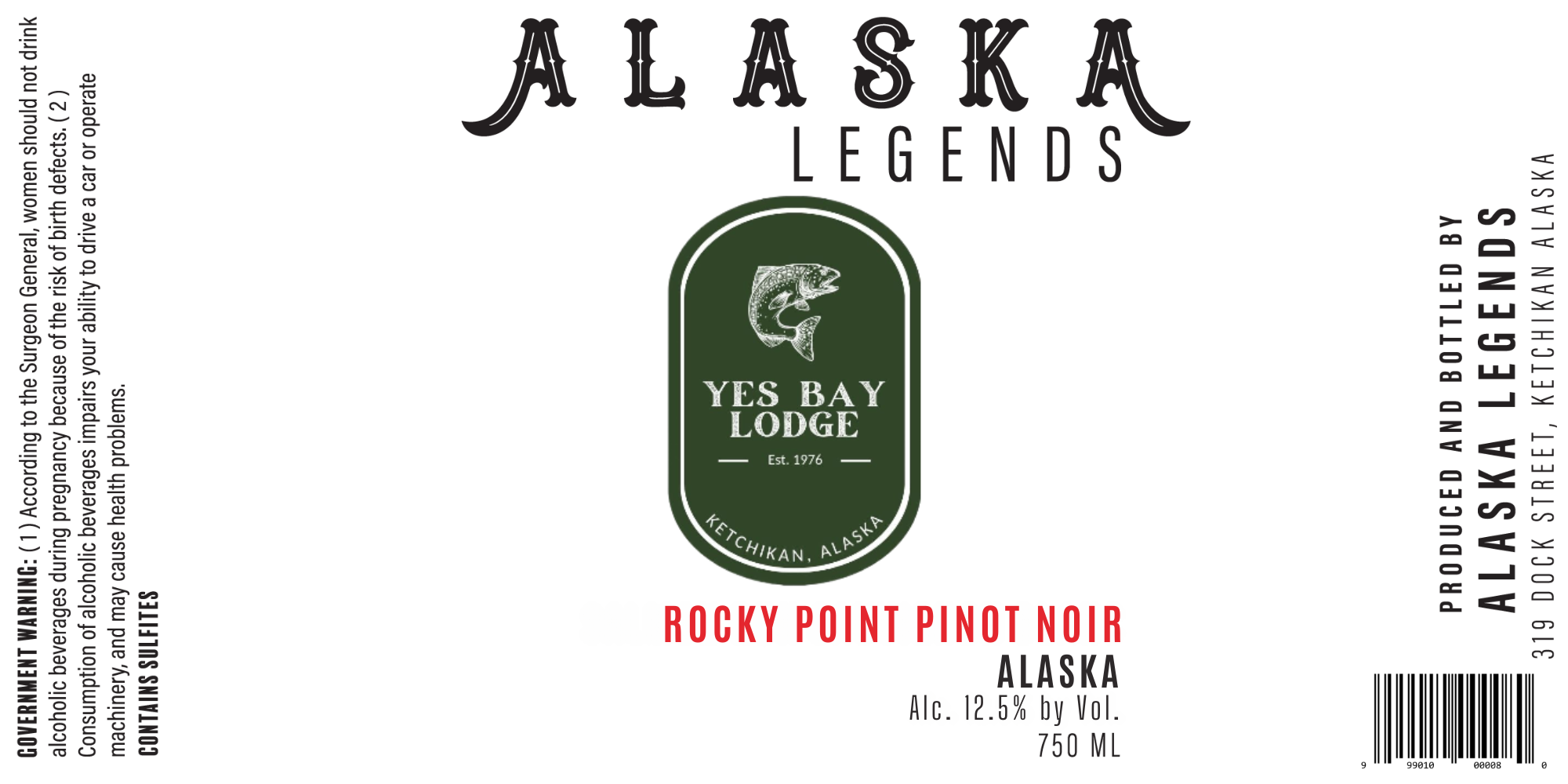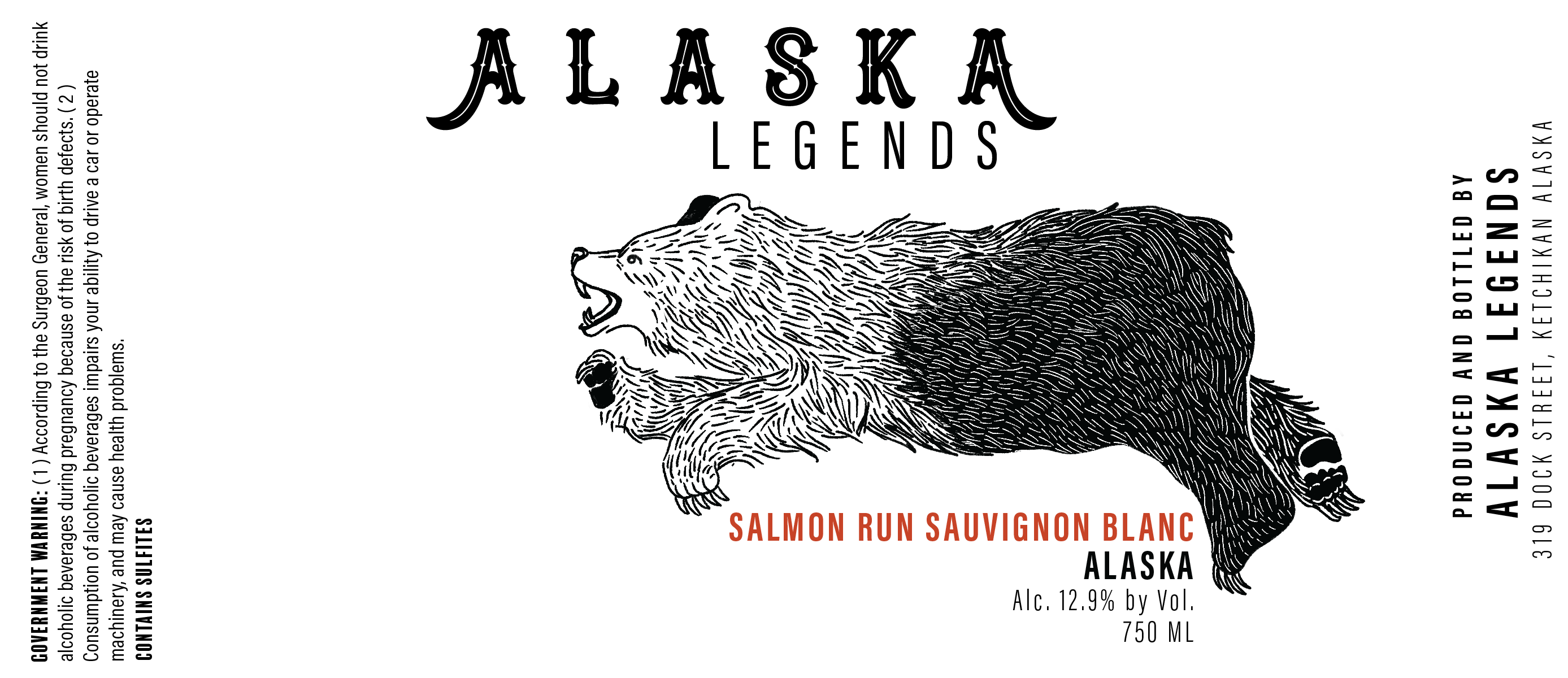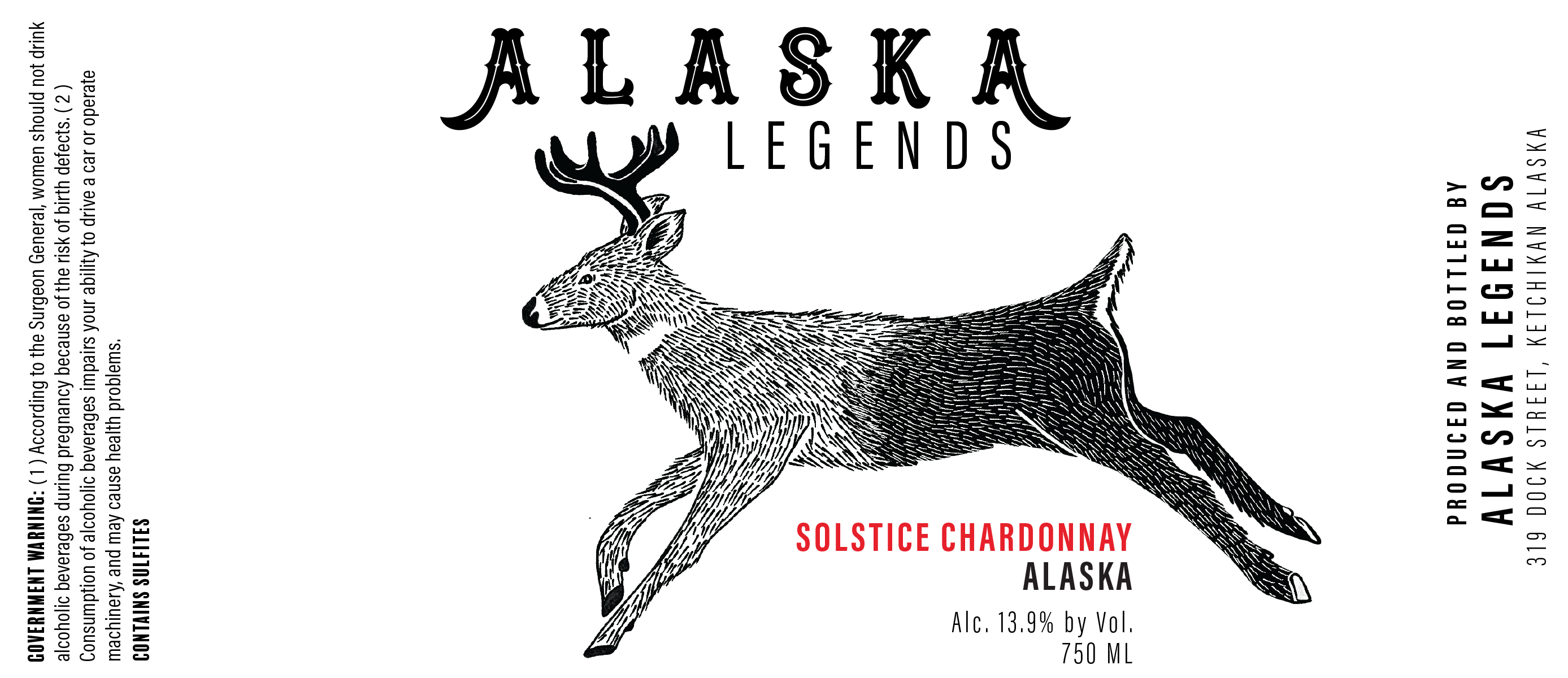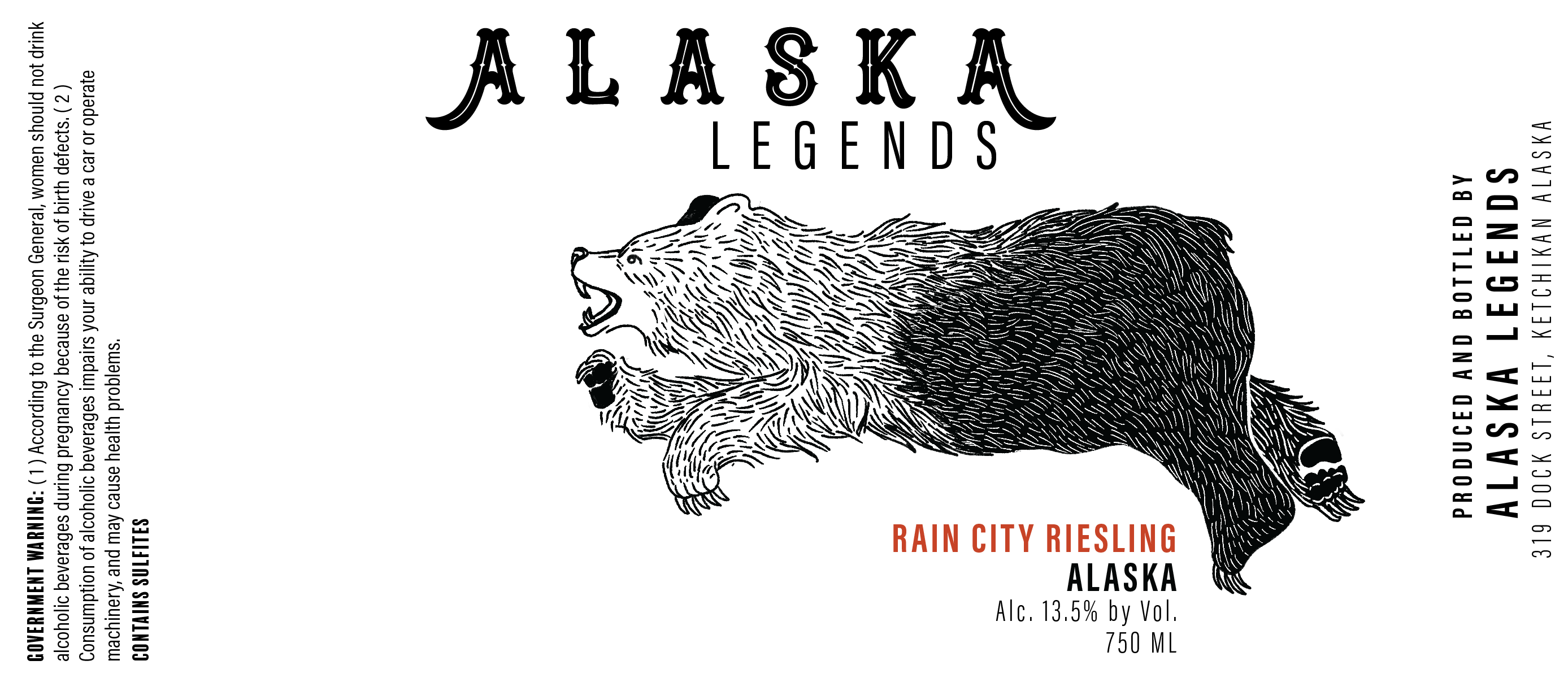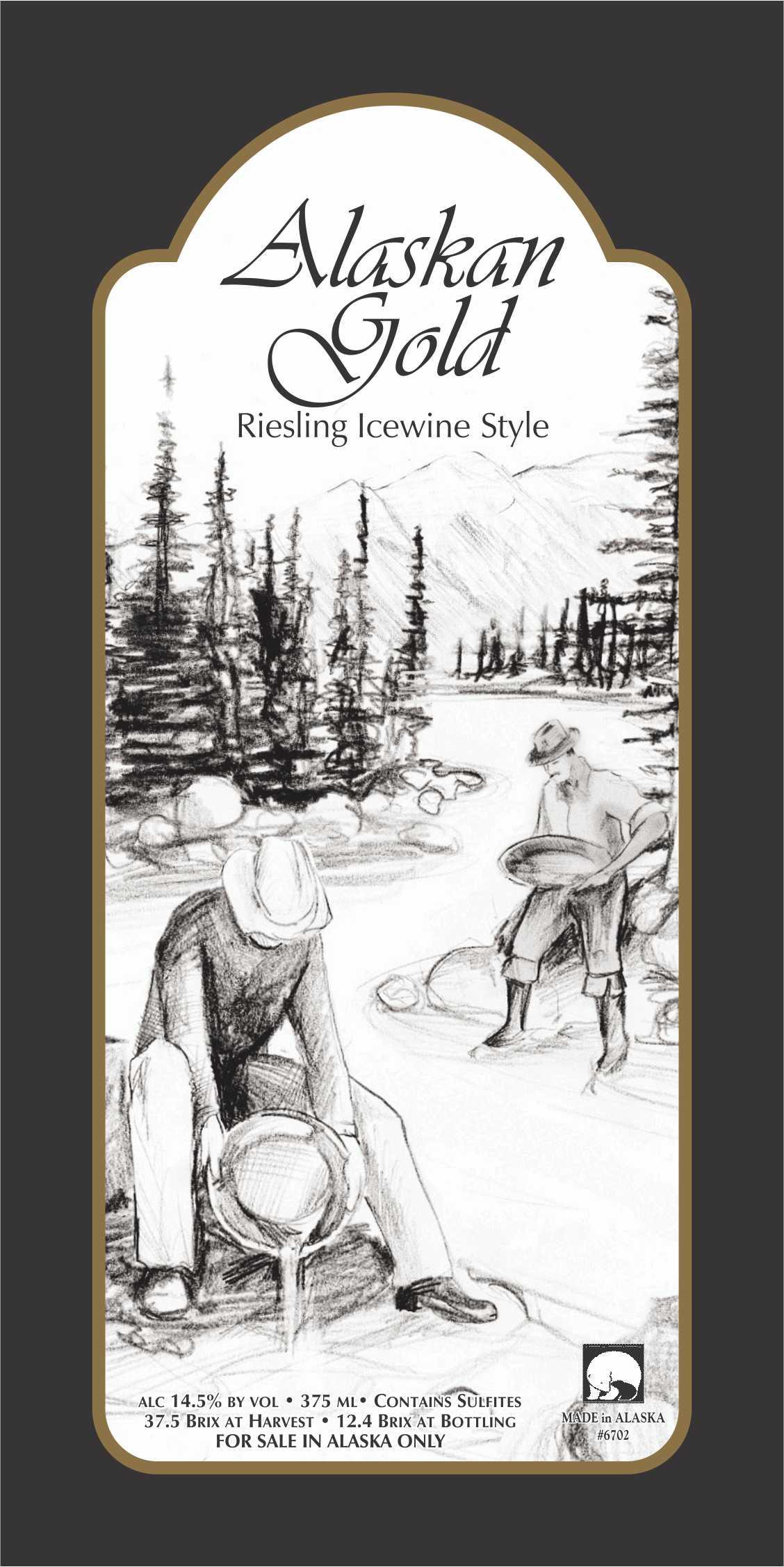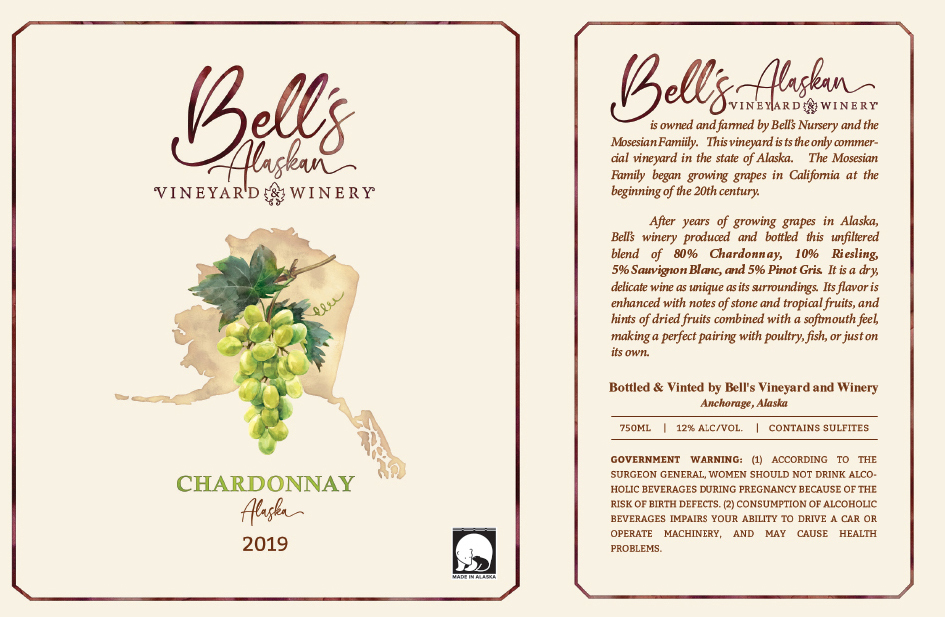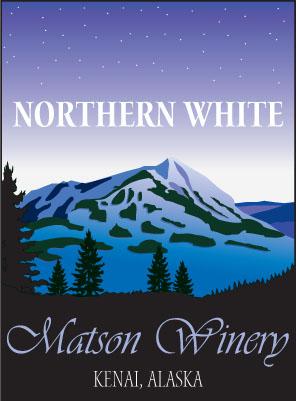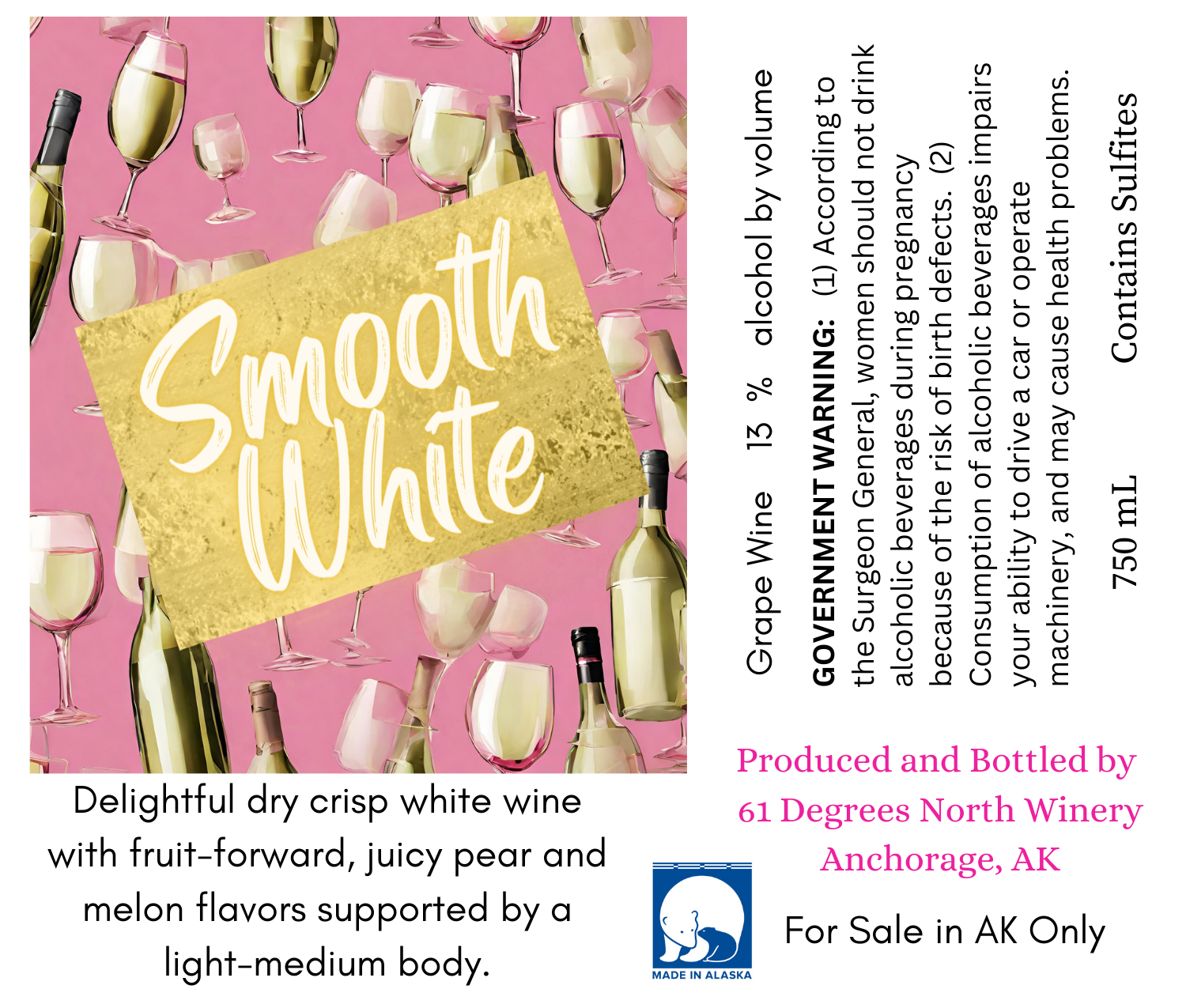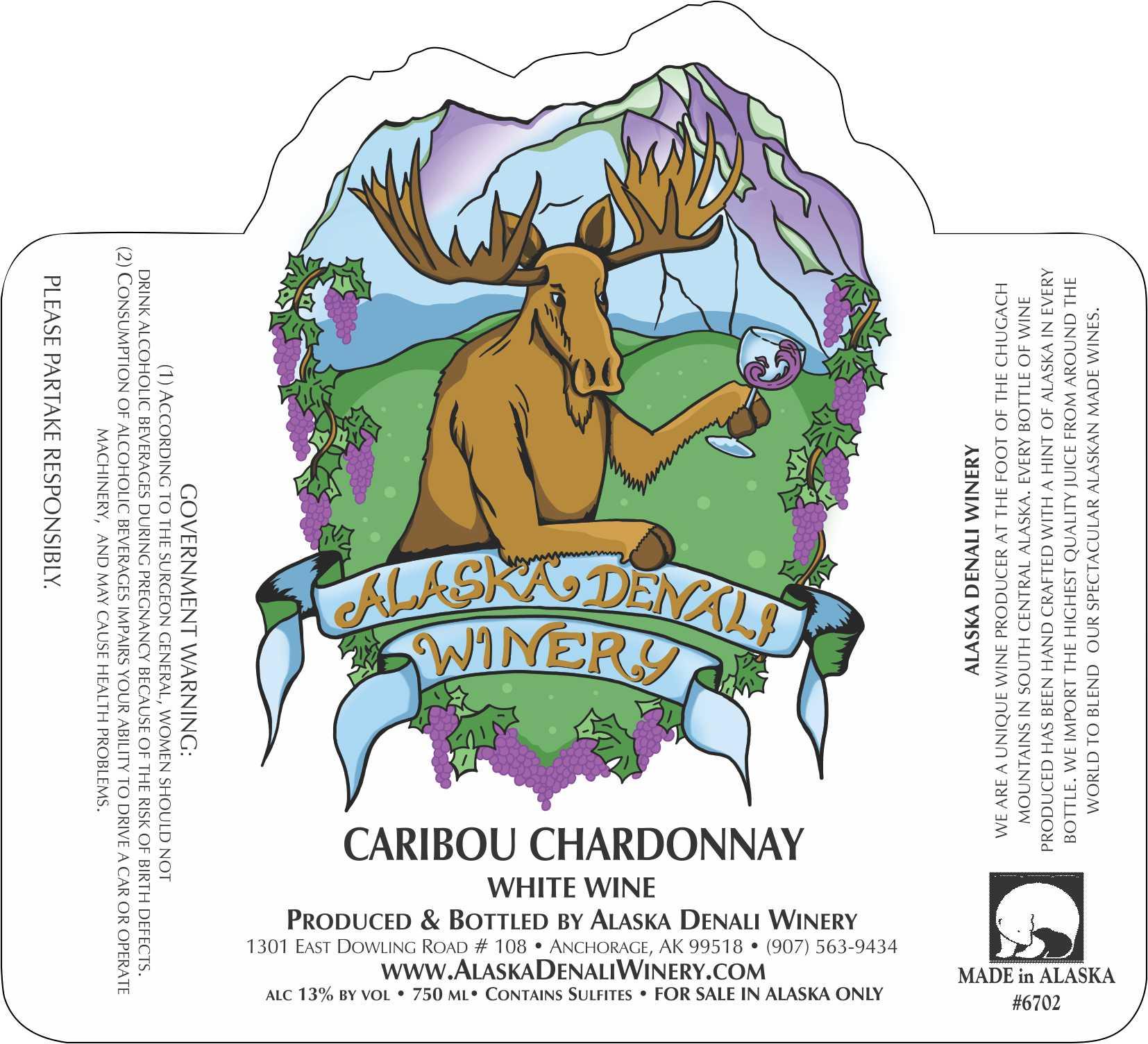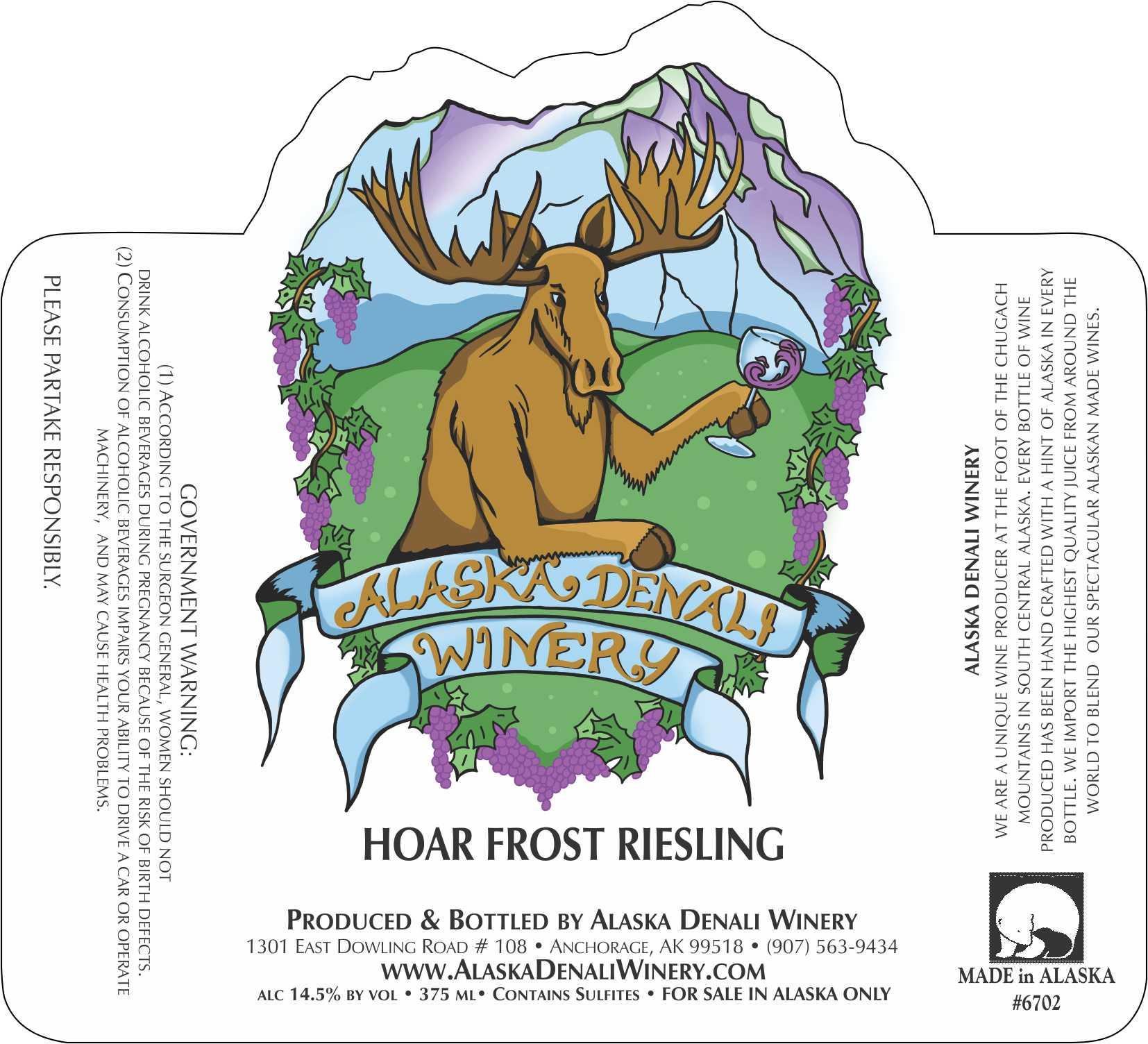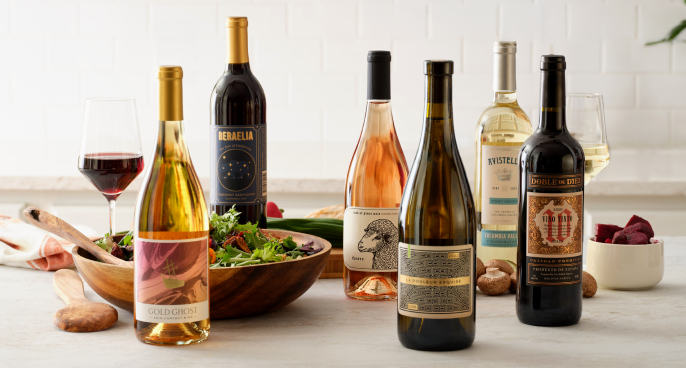Terroir of Alaska
Alaska's terroir is shaped by its extreme subarctic climate and unique landscape. Most of the state lies above 55°N latitude, with long winters and short summers. The growing season is brief, often limited by frost from September to May, making traditional grape growing nearly impossible. However, wild plants thrive in the tundra and taiga soils, which are acidic and peaty, giving unique flavors to fruit wines. Coastal areas like Southcentral Alaska have fertile glacial loam, allowing some farming in greenhouses.
The midnight sun provides 18–20+ hours of daylight in summer, boosting photosynthesis and sugar in fruits. Summer temperatures are usually below 60 °F (16 °C) on the coast but can reach the 80s °F (27 °C) in interior valleys. This climate encourages the use of hardy berries and new growing methods, suggesting a future for Alaskan grape terroir.
Notable Wineries in Alaska
Alaska’s burgeoning wine scene offers a unique taste of the state’s natural bounty, featuring prominent wineries that highlight local flavors. Here are a few noteworthy producers:
-
Bear Creek Winery (Homer): Known for its fruit wines and innovative blends like a Chardonnay with rhubarb, this family-run winery offers stunning views and a taste of Alaskan berries.
-
Alaska Denali Winery (Anchorage): As an urban winemaking hub, it invites visitors to craft custom wines using imported grape juices, offering an engaging urban winemaking adventure.
-
Alaska Berries Winery (Soldotna): This farm winery prides itself on 100% locally grown fruit wines, showcasing the rich flavors of Alaskan berries.
-
Alaskan Wilderness Wines (Kodiak): Noted for their award-winning wild blueberry wine, this boutique operation uses foraged ingredients to craft unique creations.
Sustainable Winemaking in Alaska
In Alaska, sustainability is integral to the winemaking landscape, ensuring harmony with the state's pristine environment. Local sourcing and "bush-to-bottle" production reduce transportation impacts, while renewable energy initiatives like solar and wind offset high production costs. Recycling and reuse efforts, such as bottle return programs, minimize waste, crucial in remote areas. Eco-certifications like Adventure Green Alaska highlight the industry's commitment to green tourism, aligning with Alaska's ethos of untouched nature.
Minimal intervention in winemaking means fewer chemicals, as local berries require no pesticides, and cold climates naturally deter pests. This sustainable approach not only preserves Alaska's natural beauty but also enhances the unique flavors of its wines.
By focusing on renewable energy, recycling, and local ingredients, Alaska's winemakers uphold environmental stewardship, drawing eco-conscious consumers who value sustainable practices.
Wine Tourism in Alaska
Alaska presents a fresh perspective on wine tourism, offering intimate encounters with its nascent wine industry amid breathtaking landscapes.
Though smaller than renowned regions, it captivates with distinctive experiences:
-
Scenic Wineries: Bear Creek Winery, perched above Kachemak Bay, combines fruit wine tasting with stunning views.
-
Urban Adventures: Anchorage's Alaska Denali Winery provides a unique chance to craft personalized wines in a cozy setting.
-
DIY Wine Trails: Craft a Kenai Peninsula trail, visiting spots like Alaska Berries Winery for farm-fresh bottles.
-
Remote Discoveries: Kodiak’s Alaskan Wilderness Wines offers rustic charm and homemade berry wines.
Alaska’s wine tourism, enriched by local flavors and sustainability, promises a memorable journey. With experiences ranging from vineyard vistas to urban tastings, it invites exploration beyond traditional wine regions, all amidst the state's vast natural beauty.

